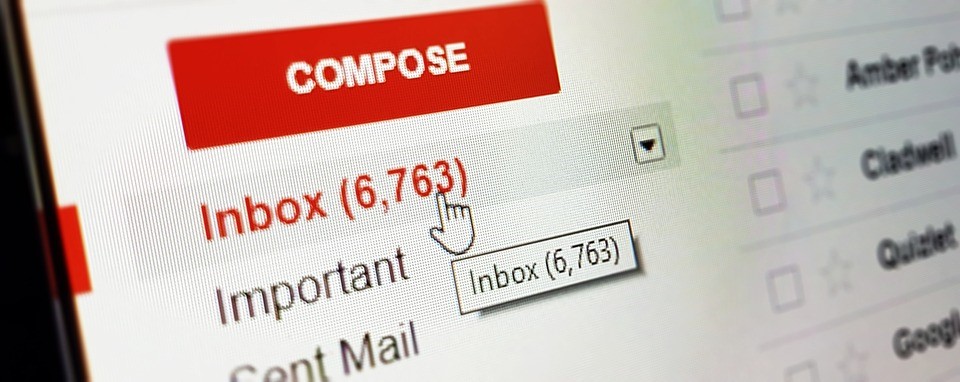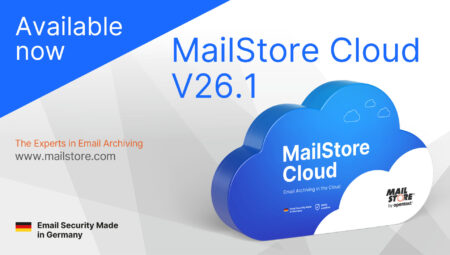Google Is Asking its Gmail Users To Pay – Is It Really That Scandalous?
The big Internet service providers, in particular Google, Amazon, Facebook and Apple (GAFA), often come under the critical eye of a watchful public. News and information provider Bloomberg has once again come down hard on Google, and this time it’s about the latter’s hugely popular, free Gmail service. Gmail has often been the target of criticism in the past. Other major email service providers have also come under fire after deciding to modify their business models.

What’s Happened, and Why Are Some Gmail Users (And Media Outlets) so Outraged?
Basically, Google has set a 15 GB storage cap on its free Gmail service. So, anyone wishing to store more emails in their Gmail account now has little choice but to cough up. And if you hit the cap without having opted for one of the paid subscriptions, you might find that you’re simply “cut off” and no longer able to receive emails.
The Cloud Isn’t a Garbage Dump
Cloud-based online services like Gmail (or Dropbox, Google Docs, etc.) aren’t meant to be garbage dumps. But because they’re so convenient, it’s really tempting to store pretty much everything (emails, photos, etc.) in there. Most of these services are highly mature, easy to use, cost little, if anything, and are normally supported by most contemporary end devices (PCs, smartphones, tablets, etc.). These days, with most of us owning several devices and enjoying the benefits of the mobile Internet, many such services have become almost indispensable.
An Email Server Isn’t Intended to Permanently Store Your Emails
In the case of cloud-based services, the argument that “an email server isn’t meant to be used for storing emails” might sound a little strange, but in essence that’s correct. Storage is never infinite, even if the immense amount of space available in even free email services might suggest otherwise (try exhausting the full 15 GB available in Gmail with emails alone – it’s really not that easy).
A Potential Solution: Start Archiving Your Emails
At least where private users are concerned, it’s a case of … if you need to store the email, archive it! And if you’re sure you don’t need the email any longer, then delete it. Of course, the issue is a bit more complicated and restrictive for companies. Depending on the country and industry, there may be several laws and regulations a business should take care of.
But quite apart from the fact that the criticism aimed at the GAFAs is often fueled by the sheer market dominance of Google & co. and the actual or perceived dependency of users, it’s never a good idea to become dependent on a single service provider. A great way to take back control over your emails is to archive them (preferably from outside the email service), and our free, tried-and-tested MailStore Home solution has been available to private users for many years. It could provide a welcome opportunity to declutter your email collection! Using MailStore Home will certainly ensure that your Gmail account doesn’t overspill and put your 15 GB storage cap in jeopardy. Do you have accounts with other email providers? If so, you can archive these in MailStore Home too. You’ll find links to detailed online documentation and our user community here.
Start Taking Responsibility for Your Data
Besides the fact that none of the cloud services mentioned above constitutes a conventional data backup concept, every user should remember that, despite the great convenience, he or she alone is responsible for deciding what data should be stored where. It is rarely the case that a service provider will take responsibility for the safety of user data:
- Deleted an email by mistake?
- File corrupt?
- Synchronization error?
All these scenarios are the responsibility of the user. Usually, services such as Gmail only make sure that the infrastructure is secure, i.e. Google is responsible for ensuring, for example, that emails stored in Gmail are not lost if a server in one of Google’s data centers fails. Incidentally, things aren’t much different in the business arena, either (consider Microsoft’s Shared Responsibility Model for Office 365).
Our advice for you the next time a Gmail scandal kicks off – keep calm and consider the things you yourself can change. The old saying “things are never as bad as they seem” still holds true today.








